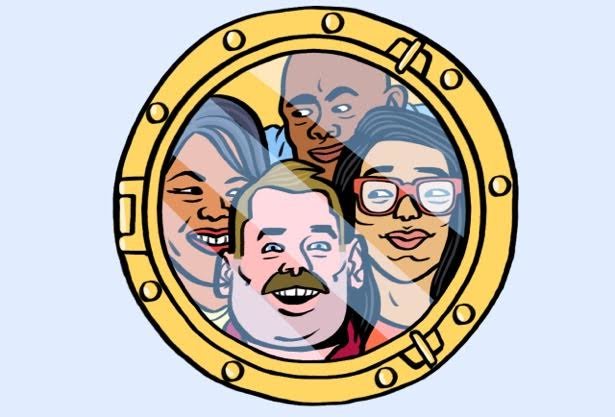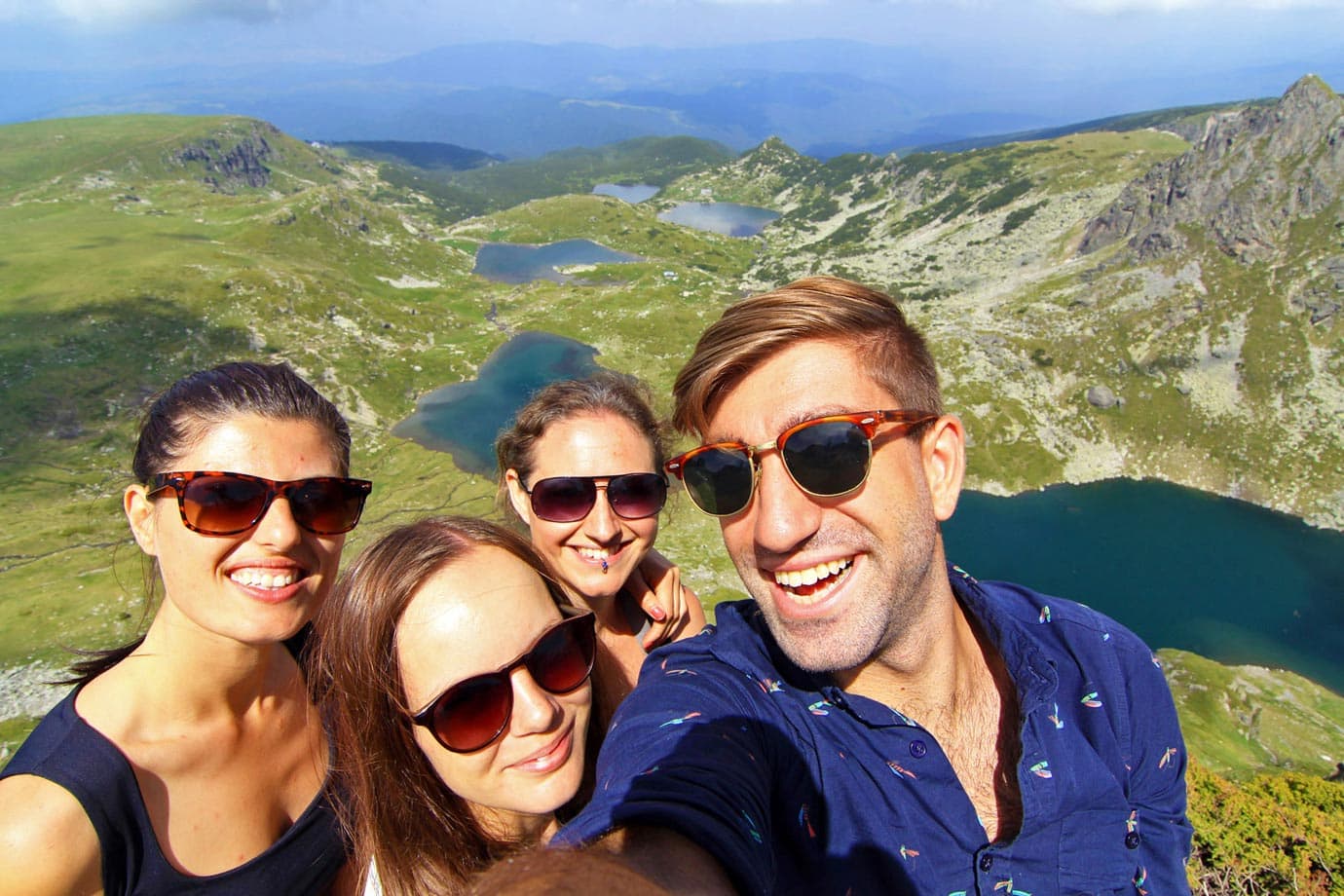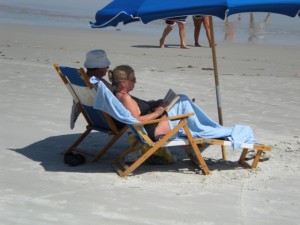
They save and scrimp and take on extra jobs to fund their budget adventures. The first years are lean ones: She blogs about her travels he goes to graduate school to get an MFA in creative writing and then a Ph.D. Partners come and go, but for over a decade Alex and Poppy keep in close touch and continue the ritual of an annual summer vacation. Both are seemingly committed to the idea that someone like him could never want someone like her and vice versa. Poppy is a freewheeling former weirdo-turned-travel writer and internet personality who’s determined to make up the time she lost to bullies when she was young. Alex is a buttoned up English major-turned-high school teacher and a surrogate father to his younger brothers. Poppy is continually surprised when it rears its head.Įven worse, Poppy, from whose perspective the story is told, misguidedly but truly believes she’s alone in this torture. From the perspectives of Alex and Poppy, who are deeply committed to denying their palpable physical attraction to each other, the two are devoted best friends, almost like siblings: 95% platonic and just a tiny bit “what if.” But that pesky 5% is a killer. From the perspective of Alex’s long-term, long-suffering, on-again, off-again girlfriend, Sarah, Poppy’s connection with Alex hangs over her own relationship with him like a constant threat-Chekov’s unresolved sexual tension. The rest is the stuff of legend or infamy, depending on your vantage point. They’re sure they have little in common apart from “the fact that we hate each other’s clothes.” But it takes just one more meeting-a shared ride home to their mutual hometown in Ohio over break-for an enduring mutual fascination, fueled by those same differences, to firmly take hold. Alex quickly sizes Poppy up, reacting to her “neon orange and pink floral jumpsuit from the early seventies” with skepticism and disapproval. He is wearing khakis she wears what look to him like a ridiculous costume.


When Alex meets Poppy during the first night of orientation at the University of Chicago, neither one is particularly impressed. Like Ephron and Jane Austen before her, Emily Henry paints a specific and nuanced picture of first impressions gone perfectly wrong in a prelude to a relationship that is nonetheless incredibly right.

probably not if they act like these characters do. Emily Henry’s People We Meet on Vacation is an inspired and achingly romantic reimagining of Nora Ephron’s beloved rom-com When Harry Met Sally, which famously questioned whether men and women (heterosexual pairings specifically) can ever truly be just friends.


 0 kommentar(er)
0 kommentar(er)
